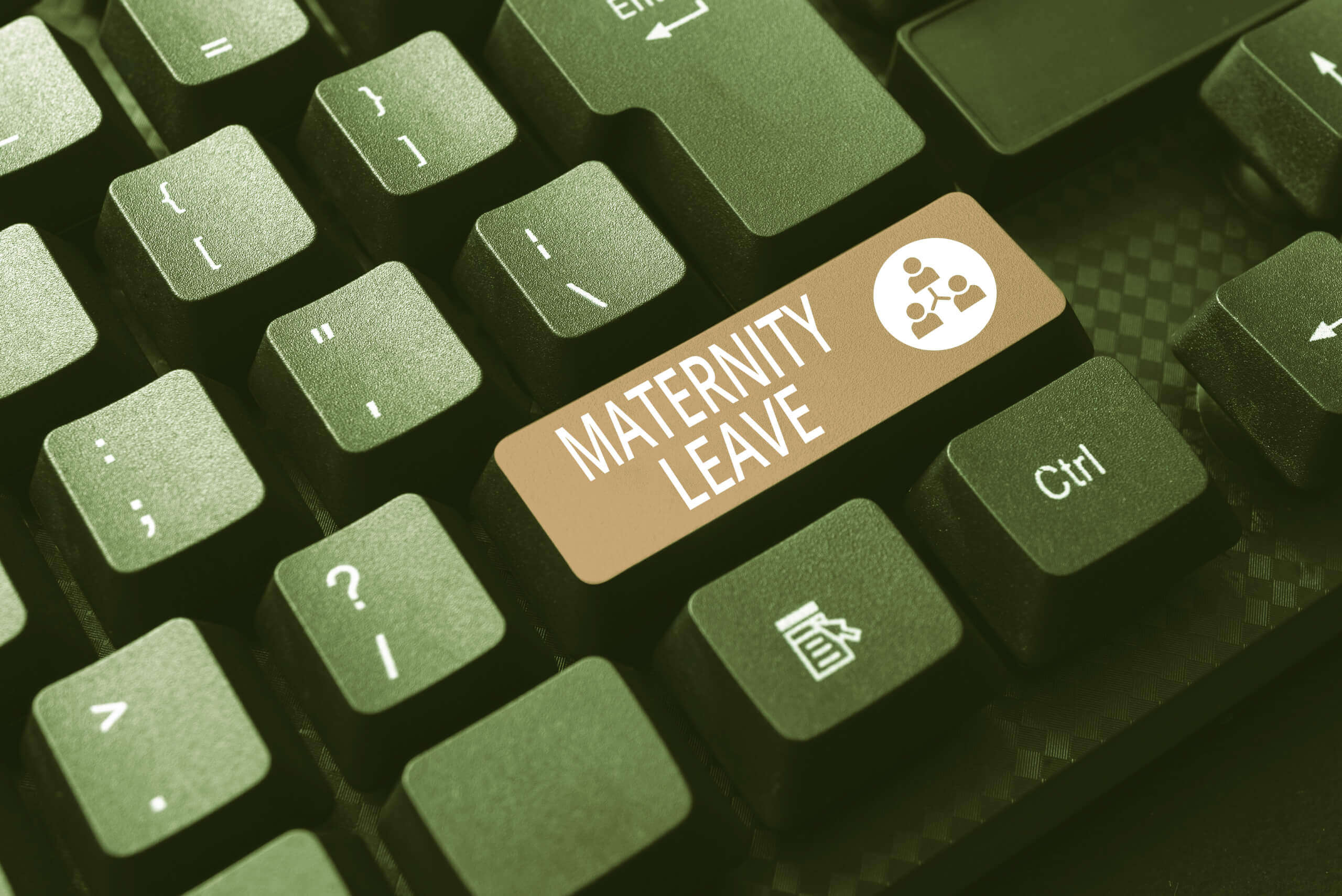Complimentary Phone Consult with an Attorney Today
New Employment Cases 334-237-7773The United States prides itself on its family values. However, compared to other industrialized countries – and even developing countries – its respect for maternity leave is at the bottom of the list. In fact, the U.S. is the only high-income nation that doesn’t offer paid maternity leave. In the U.S., only 11 percent of private workers have access to paid family leave.
Overall, there’s no overarching federal policy that requires every company to provide paid or unpaid maternity leave. Therefore, it’s up to moms- and dads-to-be to understand the rights you do have to take the time necessary to bond with your little one. Fortunately, our maternity leave lawyers can help employees in Alabama, Georgia, and Illinois.


The Family & Medical Leave Act
The most prevalent means by which new mothers take off time from work is the Family and Medical Leave Act (FMLA), which allows parents to take up to 12 weeks of unpaid leave to welcome a child to their home, whether by birth or by adoption, and to ensure that their job – or an equivalent job – is waiting for them when they return to work. In order to qualify, your company must employ at least 50 employees within a 75-mile radius, and you must have worked at the company for one year and logged 1,250 hours over the past year. Remember that FMLA is job protection but not a means of compensation during your absence.
Short-Term Disability
Unlike FMLA, short-term disability insurance is a means of receiving compensation during your leave. Frequently, your short-term disability policy will pay a portion of your income while you are on FMLA leave or other leave that your employer may offer. In many instances, your company may offer short-term disability insurance (STD) that they cover or for which the employee pays a monthly premium. In general, STD may pay up to 60 percent of your salary while you are on leave. While six weeks is the standard, new mothers are often covered up to eight weeks if they have a cesarean delivery or other complications. Look to your individual plan description for coverage and duration of your particular policy.


Resources for Those Not Covered At Work
So where does that leave everyone else? Unfortunately, for many, there is no coverage at all, especially for part-time workers or workers who just started their positions. There’s no guarantee their jobs will exist when they return, and in many cases, these mothers don’t take the six weeks that medical professionals recommend. Twelve states have tried to fill in the gaps by establishing state maternity laws that cover a higher percentage of workers, although Alabama and Georgia do not have state maternity leaves of their own.
Contact Our Maternity Leave Attorneys to Discuss Your Options
Overall, the U.S. has a long way to go in giving moms the time needed to bond with their children. The Field School of Public Health at the University of California, Los Angeles, found that maternity leave is associated with lower infant mortality rates, a higher rate of breastfeeding which strengthens the health of infants, and benefits to a woman’s health. Accordingly, women’s rights issues are a continuing issue of national concern and deserve the public’s ongoing attention.
Taking time off to bond with your child is often far more challenging than it should be. At Barrett & Farahany, we understand the importance of having this time to spend together as a family and recover from a difficult medical procedure. Our maternity leave attorneys can help explore every avenue that can give you the time you need to be with your new child.
Contact our maternity leave attorneys today for a free consultation.
Talk To An
Attorney Today
By providing a telephone number, e-mail address, and submitting this form, you are consenting to be contacted by e-mail & SMS text message. Message & data rates may apply. You can reply STOP to opt-out of further messaging.

